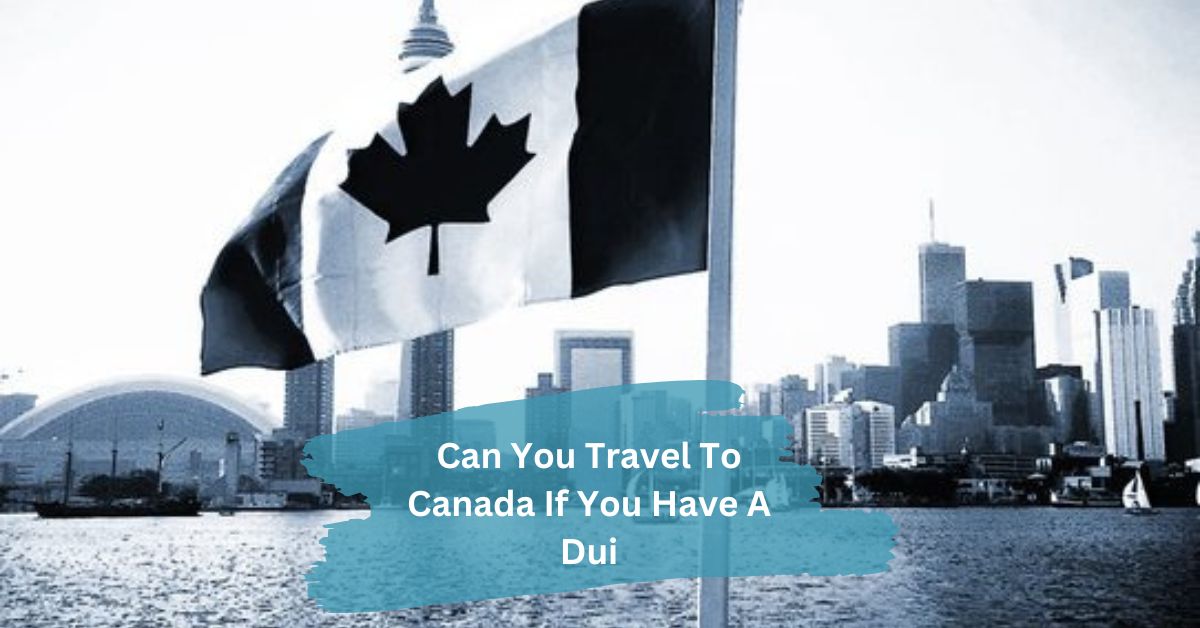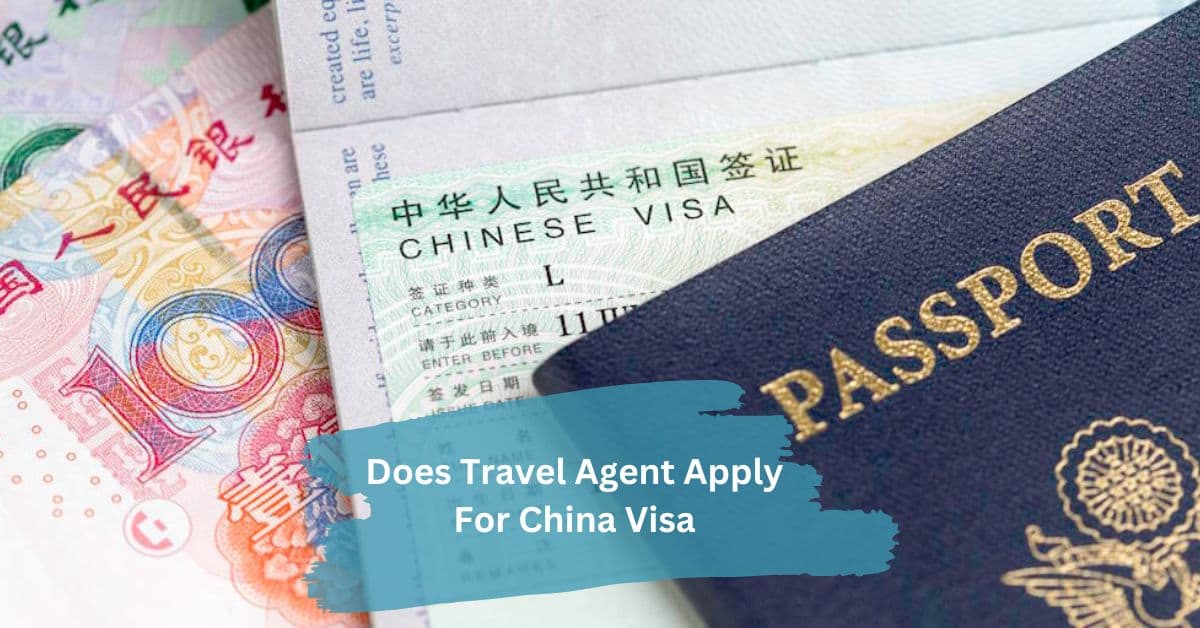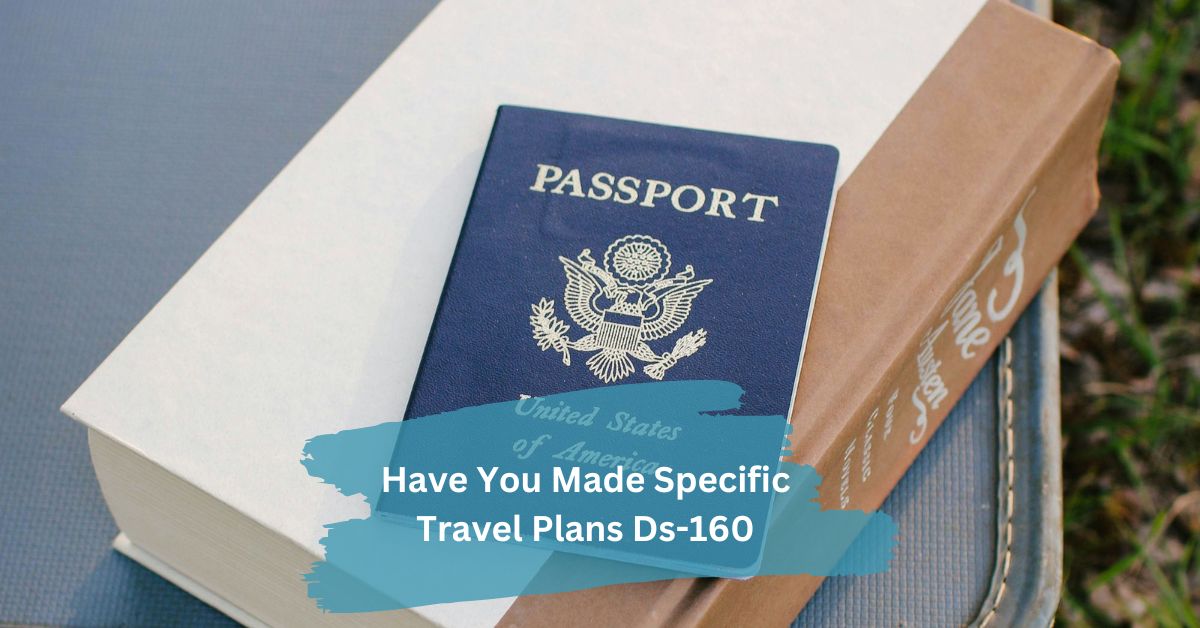
Travel to Canada depends on your documents and purpose. If you have the right visa or passport and meet the entry requirements, it’s straightforward. Always check the rules specific to your situation before planning.
Can someone with a DUI enter Canada? Yes, but only if you have a valid passport, visa, or ETA, among other entrance criteria. Depending on why you are visiting, different requirements may apply.
Introduction Can You Travel To Canada If You Have A Dui
Traveling to Canada with a DUI can be complicated, as Canadian law considers DUI a serious crime. Whether or not you can travel to Canada if you have a DUI depends on the type of offense, when it occurred, and whether you have taken steps to address your inadmissibility.
To address this issue, individuals with a DUI may be required to apply for special authorization, such as a temporary resident permit or criminal rehabilitation, before being granted entry. Understanding these legal procedures is important if you want to clarify whether you can travel to Canada if you have a DUI.
How To Obtain Permission To Enter Canada With Dui
To get permission to enter Canada with a DUI, there are a few avenues you can pursue, depending on the circumstances surrounding your conviction. The most common ways are applying for a Temporary Resident Permit (TRP) or seeking criminal rehabilitation.

1. Temporary Resident Permit (TRP):
This option is for individuals who need to enter Canada temporarily but are convicted of a DUI. You must demonstrate that your visit is necessary, such as for work, family emergencies, or other important reasons. If granted, the TRP allows you to enter Canada for a specified period of time. However, this permit is temporary, and you will need to reapply if you want to visit again in the future.
2. Criminal Rehabilitation:
This is a more permanent solution if it has been a long time since your DUI conviction. You can apply for criminal rehabilitation if at least five years have passed since you completed your sentence, including probation or fines. If approved, your DUI conviction will not bar you from entering Canada.
3. Deemed Rehabilitation:
In some cases, if your DUI conviction was several years ago and you meet the requirements, you may automatically be considered reinstated. If enough time has passed since the crime, Canada can grant admission without the need for a formal TRP or rehabilitation process.
Why Exactly Does Canada Deny Entry To People With A Dui?
Canada denies entry to people with a DUI because it views driving under the influence as a serious criminal offense. Canadian immigration laws are strict about admitting individuals who have committed crimes that could pose a risk to public safety. A DUI is classified as a criminal offense in Canada, and the country’s legal system takes a strong stance on impaired driving due to its potential to harm others on the road.

This policy is based on the principle of protecting public safety and ensuring that those entering the country meet high ethical and legal standards. Canada’s immigration laws focus on maintaining a safe environment for its citizens and residents, which is why a past DUI conviction can also lead to a denial of entry, especially if the offense is more recent. deemed or the individual has not removed his or her inadmissibility through legal channels such as rehabilitation or a temporary residence permit.
Can You Enter Canada With A Dui If You Will Not Be Driving?
Even if you won’t be driving during your visit, a DUI conviction can still affect your ability to enter Canada. This is because Canada’s immigration laws focus primarily on the criminal nature of the offense rather than the specific actions you intend to take during your visit.
1. Why Does a DUI Affect Entry?
Canada treats DUI as a serious criminal offense. Government admissions policies prioritize public safety, and a past DUI conviction makes you inadmissible, regardless of whether you intend to drive. It is not your behavior during the visit, but the crime itself that causes the denial.
2. Legal Options to Enter Canada with a DUI:
To enter Canada with a DUI, you can apply for a Temporary Resident Permit (TRP), which allows entry for a specified period of time, even with a criminal record. Another option is criminal rehabilitation, which is available after five years of serving your sentence. Depending on the age of the crime, you may even be considered automatically resettled.
Can I Get Into Canada With A Dui For Drugs (No Alcohol)?
A DUI conviction for drugs (also known as “Drug-Impaired Driving”) can have the same consequences for entering Canada as a DUI for alcohol. Canada views impaired driving, whether by alcohol or drugs, as a serious criminal offence, and may be considered unacceptable for the country.
The main issue is not the substance involved but the criminal nature of the crime. Even if the DUI offense was due to drugs rather than alcohol, the Canadian government still considers it a violation of its public safety laws.
1. Why Drug DUI Leads to Inadmissibility:
Canada’s immigration system is strict when it comes to criminal penalties, and drug-impaired driving is treated the same as alcohol-related DUI offenses. The purpose of the law is to protect public safety, and people with drug-impaired driving convictions are considered dangerous, even if the substance involved is alcohol.
Drug DUI offenses typically involve substances that impair cognitive function, which can create dangerous conditions on the road. As a result, any DUI conviction, whether for alcohol or drugs, can make you inadmissible to Canada.
Can You Get Global Entry With Dui?
- The Global Entry Program is designed to expedite travel for low-risk, pre-approved travelers, but a DUI conviction can affect your eligibility.
- DUI and Inadmissibility: A DUI is considered a criminal offense and may disqualify you from the program. Criminal convictions, including DUIs, may disqualify you for Universal Entry.
- Case-by-Case Review: US Customs and Border Protection (CBP) reviews each application individually. A past DUI may be considered, but applicants may still be approved depending on the circumstances and how much time has passed since the conviction.
- Rehabilitation: If you have a DUI on your record, you may be able to overcome inadmissibility by providing proof of rehabilitation, such as a certificate or other documentation showing that you have resolved the issue.
- Temporary Denial: Some applicants may be temporarily denied and advised to reapply after a certain period of time, especially if the DUI is recent or behavioral.
Does A Dui Show On A Background Check In Canada?
Yes, a DUI conviction may show up on a background check in Canada, depending on the type of check being conducted and whether the offense is still part of your criminal record. Here is a more detailed explanation:

1. Criminal Record Check:
- If you have a DUI conviction, it will show up on a criminal record check unless it has been expunged or expunged through the legal process. DUI offenses are considered criminal offenses in Canada, and remain on a person’s record unless formally dealt with through methods such as criminal rehabilitation or a pardon.
- A background check conducted by Canadian authorities (for example, a police or immigration check) will usually reveal any criminal convictions, including DUI, that are still on your record.
2. When a DUI Might Not Show:
- Deemed Rehabilitated or Criminal Rehabilitated: If you have been rehabilitated or received a pardon, the DUI may no longer show up on a background check. For example, if at least five years have passed since the completion of your sentence, you may be eligible for criminal rehabilitation, and after that process, your DUI may not appear.
- Excuse or Record Suspension: A waiver (called a record suspension in Canada) can be granted after a certain period of time, which can remove your DUI from a public background check. This means that if your conviction is expunged, it will not show up on most background checks.
3. Immigration and Entry to Canada:
- If you are applying for a visa or trying to enter Canada, a DUI conviction may show up in an immigration background check. Canada treats DUI offenses as serious, and a conviction can make you inadmissible until you have gone through the appropriate procedures (such as obtaining a Temporary Resident Permit (TRP) or completing criminal rehabilitation).
FAQ’s
1. How far back does Canada look for DUI?
Canada looks at all DUI convictions on your record, regardless of how old they are. However, certain factors such as criminal rehabilitation or remission may influence how far behind the crime is considered for admission purposes.
2. Can you drive after DUI in Canada?
Yes, you can drive in Canada after a DUI conviction, but you may face a license suspension and you will need to comply with legal requirements such as an alcohol education program.
3. Which province has the most DUI?
British Columbia and Ontario report the highest DUI rates in Canada, with strict enforcement and impaired driving laws.
4. What is the lowest DUI limit in Canada?
The legal blood-alcohol concentration (BAC) limit in Canada is 0.08%, but drivers can face fines for lower BAC levels if impaired.
5. How long after a DUI can you go to Canada?
After a DUI conviction, you can apply to enter Canada as soon as five years have passed since the completion of your sentence, or sooner if you are deemed resettled.
Conclusion:
If you’re wondering, Can you move to Canada if you have a DUI The answer depends on your specific situation. A DUI can make you inadmissible, but you can overcome this by applying for a Temporary Resident Permit (TRP) or criminal rehabilitation.
The outcome depends on factors such as how recent the DUI is and whether you have completed your sentence.






























